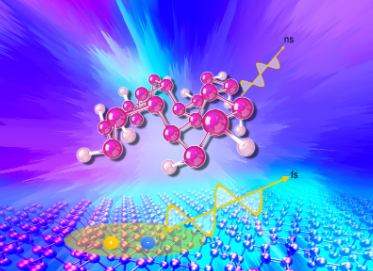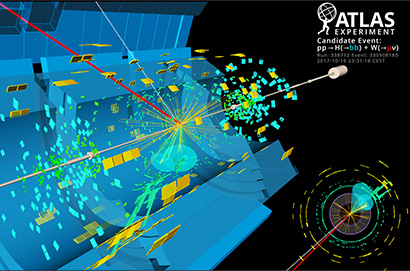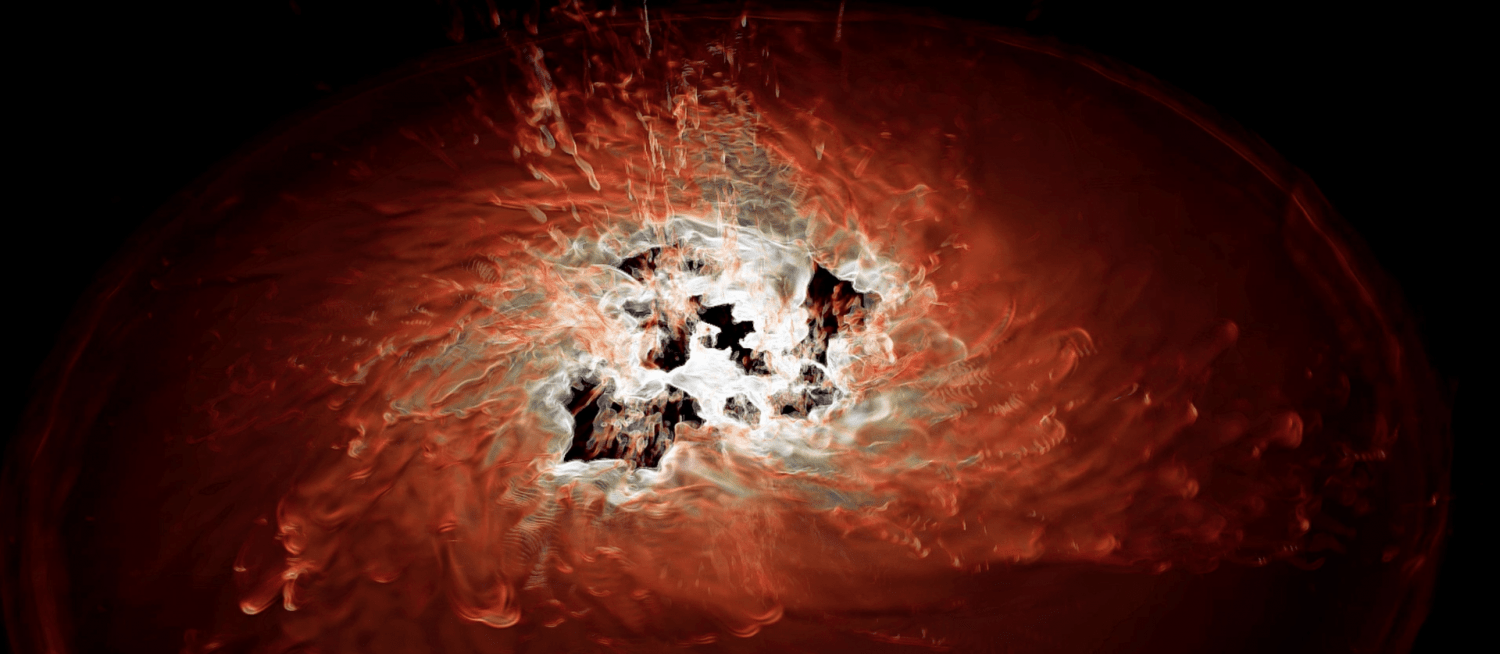In response to the growing need for computational physicists, a new Applied Physics concentration, Computational Physics, has been launched!
Simulation Images

(image credit: Yuan Ping, UCSC)

(image credit: Jason Nielsen, UCSC)
This dynamic program offers a unique blend of computer science and physics courses that provide students with the necessary skills and knowledge to tackle complex problems in a range of scientific fields such as,
Climate scienceIndustrial applicationsBiophysics
Graduates in computational physics are highly sought after and have a competitive edge in industries such as, energy, aerospace, and pharmaceutical according to career placement site Physics Today | Jobs.
-
Training in basic computer coding
-
A broad grounding in fundamental physics:
- Classical Mechanics
- Quantum Mechanics
- Electromagnetism
- Statistical Mechanics
- Elective courses that combine physics and computational methods
- A capstone course which provides students with techniques of computational physics
Interested students
Go to the UC Santa Cruz General Catalog to find requirements for the Computational Physics concentration.

